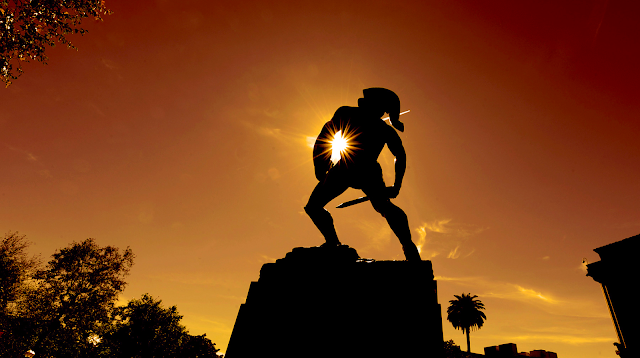TL;DR
- A 350-mile-high computer glitch. Poor Hubble :(
- Howdy from orbit! Fulfilling your civic duty
- One small step for woman, one giant leap for womenkind
Current events
NASA reported the Hubble Space Telescope's Advanced Camera for Surveys instrument suffered a computer glitch and is currently offline, leaving scientists scrambling to find a fix (original article from Space.com here). The 29-year-old orbital observatory has captured some of the most stunning images of the cosmos we've ever seen, and while its other 3 scientific instruments are currently functioning, in recent months Hubble has experienced numerous glitches that required ground engineers to devise creative recovery solutions.
Hubble has had 5 Shuttle servicing missions to date, but with the retirement of the fleet in 2011 combined with the fact it's far past its design life, it's going to need a replacement soon. That replacement is called the James Webb Space Telescope, scheduled to launch in 2021. Learn more about it here!
Today I learned
At my office, one of my coworkers taped a Snapple cap to my computer screen that reads, "Real Fact #144" - Texas is the only state that lets you cast absentee ballots from space (I'm from Texas, yee-haw!).
 |
| ISS Expedition 37 flight engineer Karen Nyberg sewed this Texas flag from fabric cut from T-shirts she wore in space |
This law arose from a situation in 1996, when astronaut John Blaha was on the Russian Mir space station as the only American off-planet and couldn’t vote in the 1996 Clinton-Dole election. Nowadays, Mission Control sends an encrypted email with an absentee ballot, which the astronaut fills out and emails back to Earth. A single county clerk reads the file and fills in a paper ballot, so only he/she knows how the astronaut voted.
It may not seem like much, but maintaining a sense of connection with the rest of humanity through simple things like voting is crucial for astronaut mental health and combating isolation and depression in space. This will be especially crucial on future deep space missions beyond Earth orbit.
This day in space history
On March 5, 1998, USAF Lt. Col. Eileen Collins was named commander of Space Shuttle Columbia for STS-93, becoming the first ever female commander of a NASA mission. Collins was an absolute trailblazer, having already become the first female Space Shuttle pilot three years prior on STS-63, successfully docking Discovery to the Russian Mir station.Her mission was to deploy the Chandra X-Ray Observatory, an X-ray telescope that’s still operating to this day. Unlike visible light telescopes, X-ray telescopes must be deployed in space because Earth’s atmosphere absorbs X-rays. Interestingly, this mission carried the heaviest payload ever carried by the Space Shuttle, weighing in at over 25 tons.
 |
| Chandra X-ray Observatory in Columbia's payload bay, 1999 |
Collins retired from NASA in 2006; her astronaut career spanned 5 Space Shuttle missions and an aggregate 38 days in space!



love that TEXAS flag #beststate
ReplyDelete